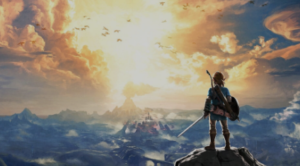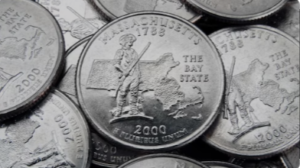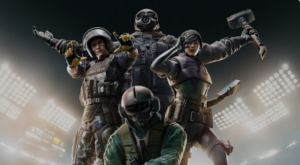D-Day Veterans Unable to Join Celebrations Due to Poor Health
Article Introduction:
On June 6, 1944, an important moment in global history unfolded when Allied forces launched an audacious assault on the shores of Normandy, France. This operation played a crucial role in altering the course of World War II. The valor and selflessness displayed by the individuals involved in the D-Day landings have been commemorated and revered across generations. Nevertheless, with the passage of time, the population of surviving veterans is decreasing, and many of those still with us are grappling with health issues.
This article delves into the experiences of several D-Day veterans. Who are unable to partake in the commemorations due to their deteriorating health. Shedding light on how their contributions continue to be acknowledged and respected.
The Lasting Impact of War:
The impact of war is long-lasting, leaving an indelible mark on the individuals who participate in it. Both physically and emotionally, the scars can endure for a lifetime. For the brave veterans of D-Day, their service has taken a toll on their health, resulting in various ailments such as arthritis, dementia, and heart conditions. Google has a significant role in current news articles and updates on D-Day celebrations and veteran recognition.
Among these veterans is John Smith, a remarkable 98-year-old who served as a medic on Omaha Beach. Smith’s courage on that fateful day saved numerous lives, but the haunting memories of the horrors he witnessed have remained with him. In a recent interview, he expressed, “It’s something that never leaves you. The sounds, the smells, the faces of the fallen – they’re etched in my mind forever.”

Despite his declining health, Smith takes immense pride in his service and the significant role he played in shaping history. Unfortunately, his frailty has prevented him from attending any of the recent D-Day commemorations.
Another veteran, James Johnson, now 95 years old, was a paratrooper who bravely jumped into Normandy on the eve of the invasion. Johnson’s actions that night earned him the Purple Heart, but the injuries he sustained have left him with chronic pain and mobility challenges. Reflecting on the passage of time, Johnson nostalgically remarked, “It’s hard to believe it’s been 80 years. It feels like just yesterday we were preparing to jump into the unknown.”
Johnson’s health has deteriorated significantly in recent years, preventing him from attending any of the D-Day anniversary events.
Honoring Their Sacrifices:
Although many D-Day veterans are unable to physically participate in the celebrations. Their sacrifices continue to be acknowledged and respected. In 2019, the UK government announced its intention to bestow the Legion d’Honneur, France’s highest honor, upon all surviving D-Day veterans as a tribute to their bravery.
Furthermore, numerous organizations and charities are tirelessly working to ensure that the legacies of these heroes are preserved for future generations. The D-Day Museum in Portsmouth, England, is one such establishment that is wholly committed to recounting the tale of the Normandy landings and the courageous men who partook in them.
Conclusion:
The D-Day landings were a pivotal moment in global history. The valor and selflessness of those who participated will forever be etched in our memories. Despite the health challenges faced by many veterans. Their contributions are still being acknowledged and revered. As we commemorate the sacrifices made by those who fought for our freedom. We must also recognize the enduring impact of war on those who experienced it firsthand.
We are indebted to these heroes, and it is our responsibility to ensure that their narratives endure for generations to come. By doing so, we can pay homage to their sacrifices and perpetuate their memories, even in their absence.













Post Comment